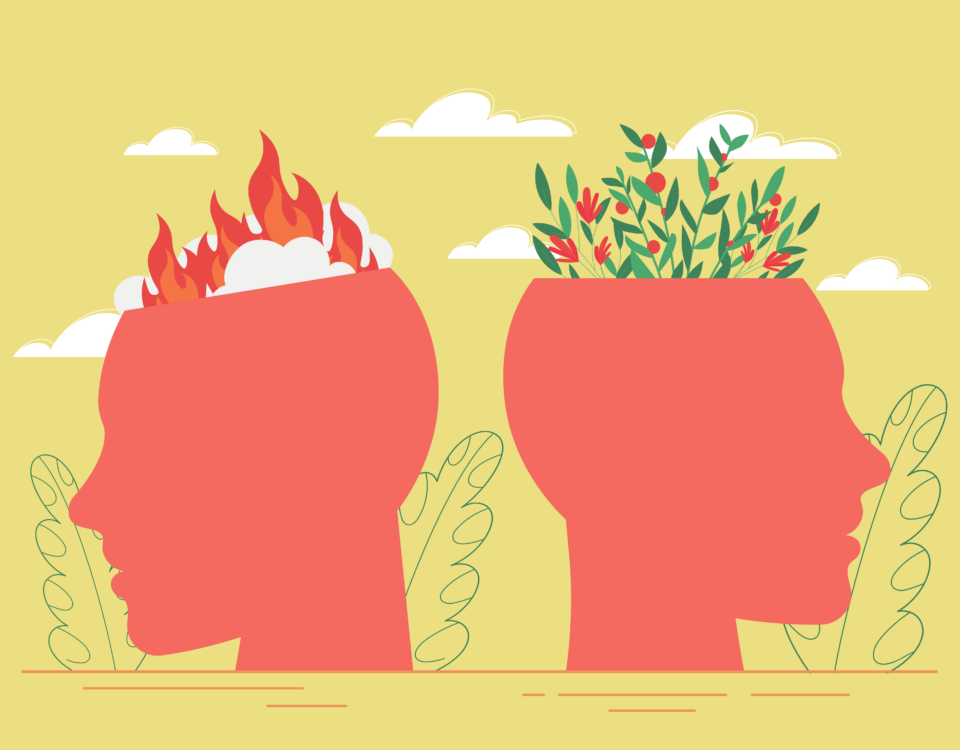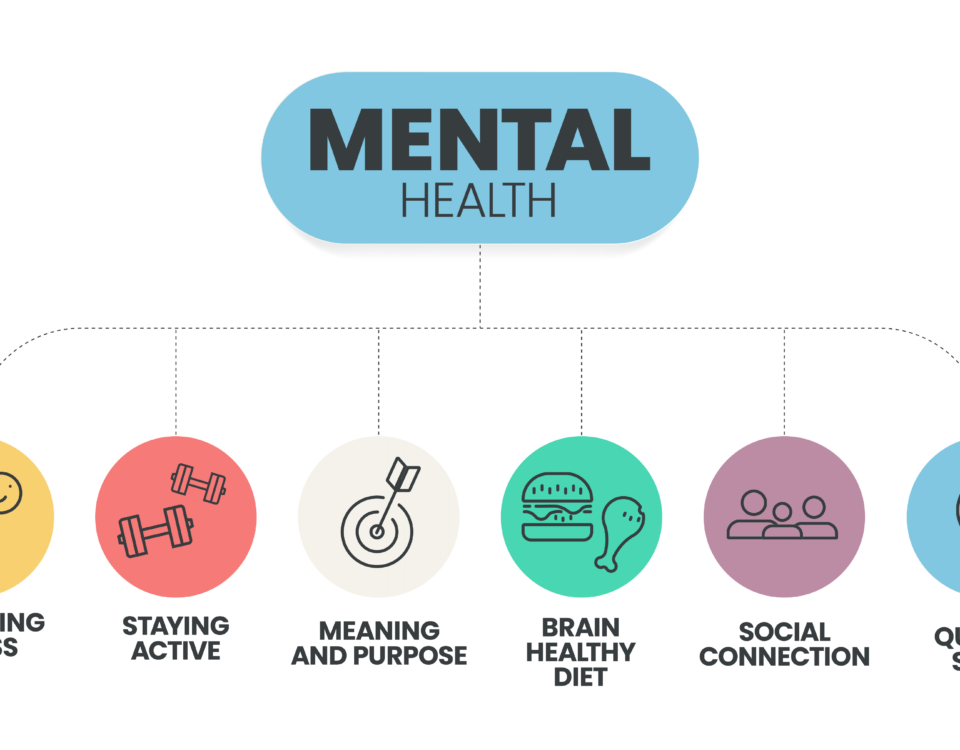Addiction is a complex and multifaceted disease that involves not only a chemical dependence on substances like drugs or alcohol but also intertwines with various psychological issues and psychiatric disorders. This combination of factors can lead to significant problems affecting multiple areas of an individual’s life. Given its destructive nature, many people question what causes and influences addiction.
Is Addiction Genetic?
Genetics play a substantial role in the development of substance use disorders. Research indicates that genetic factors may account for nearly half of the addiction risk.
- The likelihood of inheriting an addiction can vary depending on the specific type of substance. For example, addiction to cocaine is more likely to be inherited compared to addiction to hallucinogens.
- Individuals with a family history of drug abuse or addiction, such as a parent or close relative who has undergone residential treatment, are at a higher risk of developing a substance use disorder themselves.
Epigenetics and Addiction
The concept of epigenetics further explores how genetics and environmental factors interact. Epigenetics involves changes in gene expression without altering the DNA structure itself. These changes can turn multiple genes on or off and impact protein production. For instance, the addition of a methyl group to DNA can potentially deactivate a genetic risk for specific genes.
Such epigenetic modifications may be inherited and can influence susceptibility to addiction.
For example, exposure to substances like cocaine may induce epigenetic changes that increase the likelihood of continued substance use. Over time, these changes can strengthen the drug abuse cycle.
Questions about our Facilities or Programs?
Our admissions coordinators are available 24/7 to answer any questions you may have as you consider whether treatment at Banyan is right for you or your loved one.
Genetics vs. Heredity: What’s the Difference?
Genetics and heredity, though used interchangeably, refer to two different concepts. Genetics is the study of genes and how they function, while heredity involves the transmission of traits from parents to offspring. For example, a gene linked to addiction, such as one that affects dopamine regulation, would be a genetic trait. Heredity, on the other hand, refers to how likely this trait will be passed down to children. It’s important to recognize that traits such as addiction risk are influenced by both genetic and environmental factors, meaning that heredity alone does not dictate whether someone will struggle with addiction.
Specific Genetic Markers Linked to Addiction
ADH1B and ALDH2 are genes involved in the metabolism of alcohol. Variations in these genes can affect how quickly alcohol is processed in the body, influencing how someone experiences alcohol consumption. Studies have shown that individuals with certain variations are less likely to develop alcohol dependence because the breakdown process can lead to uncomfortable effects like nausea or headaches.
The GABRA2 gene has been linked to an increased risk of alcohol and drug dependence. GABRA2 influences the brain’s response to the neurotransmitter GABA, which plays a critical role in calming the brain’s activity. Variations in this gene can increase vulnerability to substance abuse by affecting how the brain manages stress and anxiety.
Other Causes of Addiction
While genetics and addiction have a strong relationship, having a parent who is an addict doesn’t automatically mean that you will end up in a drug rehab center. Likewise, just because addiction does not run in your family doesn’t mean that you are safe from this disease either. There are several factors at play when it comes to the onset of substance use disorders.
Outside of a genetic predisposition to addiction, some other contributing factors to the development of a substance use disorder may include:
Although genetics play a significant role, having a family history of addiction does not guarantee that an individual will develop a substance use disorder. Conversely, a lack of familial addiction history or alcohol use disorders does not ensure immunity to the disease. Other factors contributing to addiction include:
-
- Mental health disorders: Conditions such as depression, anxiety, or bipolar disorder can increase vulnerability to addiction.
- Environment and lifestyle: The surrounding environment, including social circles and living conditions, can influence substance use.
- Childhood experiences: Early life experiences, including neglect or abuse, may contribute to the person's risk of addiction.
- Exposure to trauma or adversity: Experiencing trauma or significant stress can increase the likelihood of substance abuse.
- Easy access to substances: Availability of drugs and alcohol can facilitate their use and potential abuse.
- Injury or chronic pain: Persistent pain or medical conditions may lead to substance use as a coping mechanism.
- High-stress life: Chronic stress from various sources, including career pressures or personal issues, can contribute to substance abuse.
- Grief: Loss or significant life changes can be a catalyst for substance use.
Environmental and Social Factors Influencing Addiction
Along with genetics, environmental and social factors play a major role in addiction development:
- Adverse childhood experiences (ACEs) include exposure to violence, neglect, abuse, or household dysfunction. Individuals who endure significant trauma during their formative years are more likely to develop addiction later in life.
- Living in a high-stress environment or impoverished can increase the likelihood of substance use as a coping mechanism.
- Peer pressure during adolescence and young adulthood. Individuals may feel pressured to experiment with drugs or alcohol in social settings to fit in or gain acceptance. Additionally, repeated exposure to substance use among friends or peers can normalize these behaviors, making it more likely for someone to engage in risky behaviors themselves.
Regardless of the underlying causes, seeking help as soon as addiction becomes apparent is crucial. At Banyan Treatment Centers, we offer comprehensive detox programs designed to help individuals understand the root causes of their addiction and develop effective strategies for recovery.
Our nationwide network of facilities ensures that expert care is accessible wherever you are, providing personalized support to guide you through every step of the recovery journey.
Getting into treatment is easy with our free insurance verification
"*" indicates required fields
Practical Advice for Those with a Genetic Predisposition
For individuals with a family history of addiction, taking preventive steps can help reduce their risk of developing a substance use disorder. Here are a few strategies to consider:
- Healthy coping strategies: Engage in activities like exercise, meditation, or journaling to manage stress without resorting to substance use.
- Avoid high-risk environments: Stay away from settings where drugs or alcohol are readily available, especially if you know you’re more vulnerable.
- Early intervention: If you begin to notice any signs of addiction, seek professional help as soon as possible. Early intervention can prevent substance use from escalating.
A substance abuse disorder may develop for any number of reasons, including some not mentioned above. Regardless of the causes of an addiction, it is important to get help as soon as the issue becomes apparent. Our detox centers help people examine the root causes of their specific addiction to get a better understanding of their substance abuse problems as well as how to overcome them.
Get Help at Banyan Treatment Centers
If you or a loved one is struggling with addiction, seeking treatment at Banyan Treatment Centers can be the first step towards a healthier, substance-free life. Our nationwide locations offer a range of levels of care, including detoxification, inpatient care, outpatient programs, and ongoing support to ensure a holistic approach to recovery. Our dedicated team is committed to providing compassionate, evidence-based care tailored to meet your unique needs. Reach out to Banyan Treatment Centers today to learn more about how we can help you achieve lasting recovery and improve your overall well-being.
Whether you struggle with addiction yourself or know a loved one who does, you should ask for help. Call us today at 888-280-4763 to learn more about our program at Banyan and how we may be able to help.








